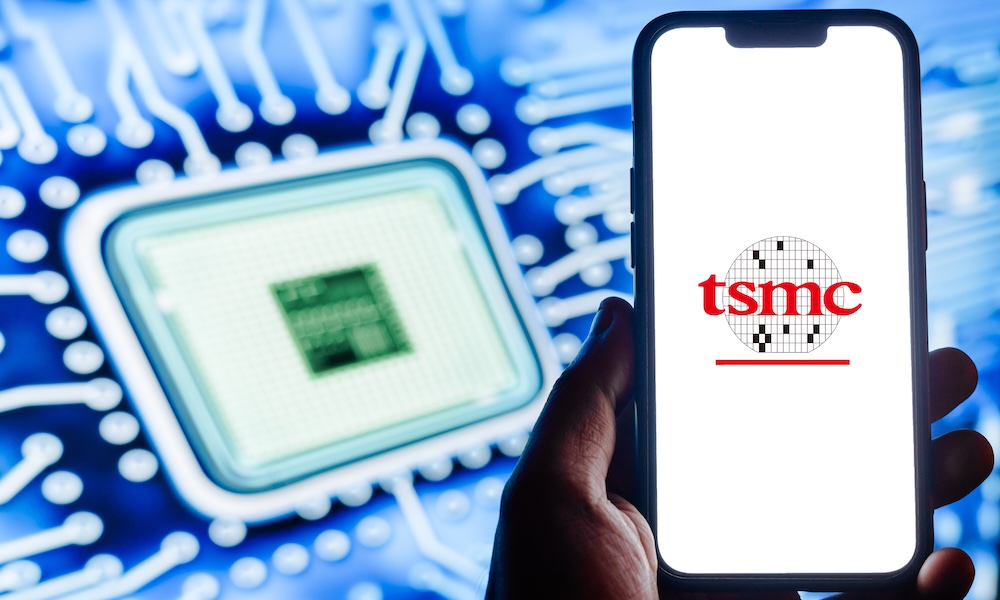Apple’s Costly New iPhone 18 Chips Could Lead to Higher Prices
 photo for everything / Adobe Stock
photo for everything / Adobe Stock
Toggle Dark Mode
Apple’s iPhone 18, which will debut in late 2026, will use a next-generation A20 chip expected to be made using TSMC’s 2-nanometer (2nm) manufacturing process. While this more advanced process will bring impressive performance and power efficiency improvements to the new iPhone lineup, it’s also likely to cost significantly more — an increase that Apple could pass on to the customer.
Weibo-based leaker Digital Chat Station, who has sources in the Chinese supply chain, has made comments that jibe with previous claims from Apple industry analysts Jeff Pu and Ming-Chi Kuo that Apple will use TSMC’s 2nm process in next year’s iPhone models. This basically confirms that Apple will adopt the more advanced chip technology.
“Next year, Apple/Qualcomm/Mittec will be launched on TSMC 2nm,” wrote the leaker on Weibo. “It is expected that the cost will increase significantly, and the price of the new machine may increase again.”
In 2023, Apple moved to a 3nm process for the chips used in its iPhones and Macs. The devices had previously used chips based on TSMC’s 5nm manufacturing process. Switching to the 3nm process brought better performance, with 20% faster GPU speeds, a 10% bump in CPU speed, and a 2x jump for the iPhone’s Neural Engine. Macs showed similar performance improvements.
Apple’s upcoming iPhone 17 series, which will debut in September, is expected to be powered by processors made using TSMC’s N3P chip technology, which is an enhanced version of the 3nm process.
“3nm” and “2nm” describe TSMC’s chip manufacturing technologies, each with their own design rules and architecture. The lower the numbers, generally, the smaller the transistor sizes. If you have smaller transistors, you can squeeze more onto a single chip, resulting in faster processing speed and better power efficiency.
In March, Kuo said that trial yields of TSMC’s 2nm process had reached 60–70% earlier in the year and are now well above that. This represents the percentage of functional chips that can be made from each silicon wafer, which is a large, circular disc of chips.
TSMC is targeting mass production of the 2nm chips late this year, and Apple is expected to be the first beneficiary of the new chips built on the process. TSMC is currently building two new facilities to produce the 2nm chips and is seeking approval to build a third plant, revealing that TSMC is majorly expanding to handle the new 2nm technology.
While Apple will likely be the first major beneficiary of the new 2nm process, it will also be the first to pay what is expected to be a significantly higher price to make use of the new technology. This could lead to a retail price increase for the iPhone 18, which would be in addition to the possible price increases on the 2025 iPhone 17 if Apple’s tariffs timeout expires.
While Apple has received what could be a temporary reprieve from President Trump’s 145% tariff on products imported from China, Trump has indicated that the reprieve will not last forever, saying earlier this week that no one is “getting off the hook” and there “was no tariff exception.”







